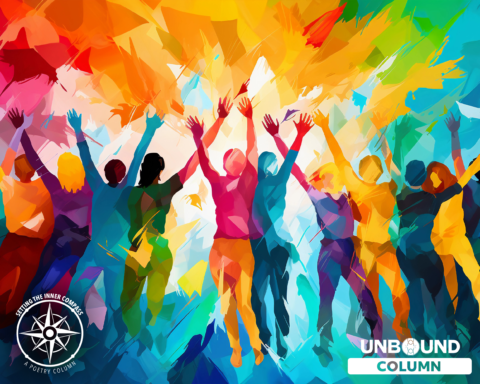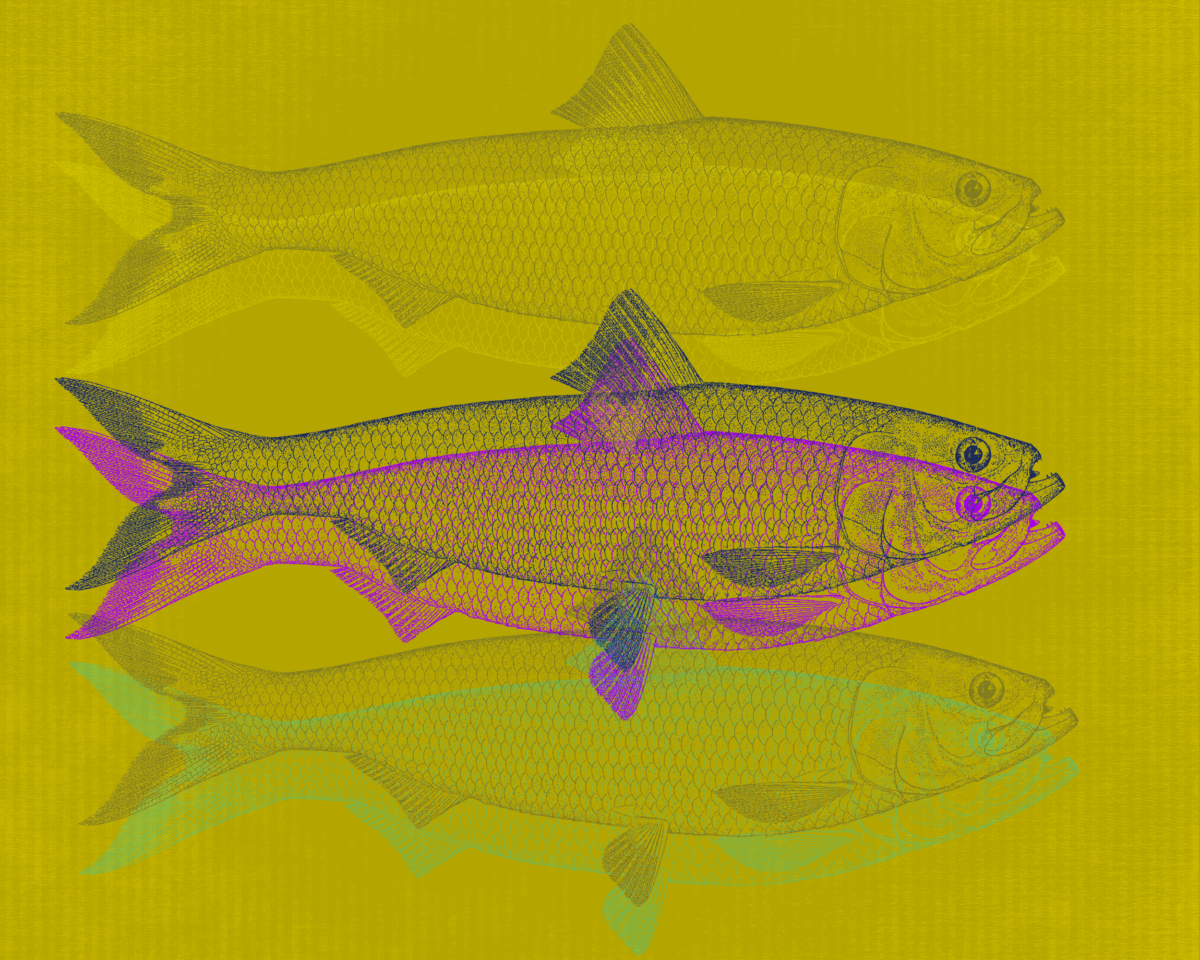Reading poetry is one of the ways some of us nourish our faith, a way we set or reset our inner compass and stay focused on the big picture, on the spiritual journey. I know that is true for me. This is the first anniversary of ‘Setting the Inner Compass’, a column where I share poems that I find meaningful and hope others do as well. Thank you to Lee Catoe for his work and support of this effort.
April is National Poetry Month and the New York Times had two excellent pieces about the role poetry has played this past year. The first, Thank God for Poets (April 5, 2021) by Margaret Renkl, is about Amanda Gorman’s inaugural poem in particular and the power of poetry in general. She writes, “When the poet Amanda Gorman stepped to the lectern at President Biden’s inauguration, she faced a much-diminished crowd of masked people on the National Mall, but she was speaking directly to the heart of a bruised nation:
‘Let the globe, if nothing else, say this is true:
That even as we grieved, we grew,
That even as we hurt, we hoped,
That even as we tired, we tried.‘
Thank God for our poets, here in the mildness of April and in the winter storms alike, who help us find the words our own tongues feel too swollen to speak. Thank God for the poets who teach our blinkered eyes to see these gifts the world has given us, and what we owe it in return.”
The second column, Read the Doctor’s Advice, Chapter and Verse (April 13, 2021), was written by Jane E. Brody. In the article, she references a new poetry anthology by Dr. Norman Rosenthal. She closes this way: “Poems, I realize now…can be a literary panacea for the pandemic. They let us know that we are not alone, that others before us have survived devastating loss and desolation and that we can be uplifted by the imagery and cadence of the written and spoken word.”
I encourage you to read both columns.
These days I am drawn to poems that invite me to see. I often move too fast and need to slow down to be more present to experience the wonder and sacredness of the creation. Elizabeth Barrett Browning’s lines resonate with me:
“Earth is crammed with heaven,
And every common bush afire with God;
But only he who sees
Takes off his shoes –
The rest sit around it and pluck blackberries. ”
This spring I hope we all find a way to pause and see “earth crammed with heaven”
On to the poems: The first is by a poet whose poem, “Pandemic,” was in the April 2020 column. “Afterwards,” the poem in this column, reflects the year which has passed. Lynn Ungar is a UU minister and known for her poem, “Blackbirds”. She has two new collections: These Days and Breathe. I recommend them. Her contact information is below. Lynn is a fine contemporary poet that deserves recognition.
The second poem is “Leisure” by William Henry Davies. The poem gets at my theme of stopping and paying closer attention to the world around us, no matter how busy we think we are. Davies (1871-1940) was a Welsh poet. The poem is a series of rhyming couplets.
Peace,
Dave
THE POEMS
“Afterwards” by Lynn Ungar
She told her granddaughter the whole
harrowing story, glossing over nothing.
Not just the lives lost, and the jobs
but also, how it seemed like
the world went dim
when they lost dancing and singing,
when the theaters and stadiums
and concert halls closed down,
When the school playground went silent.
We never forgot, she assured the girl,
What a hug feels like.
We never stopped wanting that.
But grandma, the girl asked, how
did you, do it? How did you make it through?
It wasn’t easy, the woman replied.
But at some point, we decided
we were more attached to living
than to or old ideas about
the way things were supposed to be.
“LEISURE” by William Henry Davies
What is this life if, full of care,
We have no time to stand and stare.
No time to stand beneath the boughs
And stare as long as sheep or cows.
No time to see, when woods we pass,
Where squirrels hide their nuts in grass.
No time to see, in broad daylight,
Streams full of stars, like skies at night.
No time to turn at Beauty’s glance,
And watch her feet, how they can dance.
No time to wait till her mouth can
Enrich that smile her eyes began.
A poor life this if, full of care,
We have no time to stand and stare.
CREDITS
Afterwards by Lynn Ungar is used by permission of the poet.
You can read more of Lynn’s work and buy her books at lynnungar.com.
Leisure by William Henry Davies is in the public domain
Rev. Dave Brown is a writer, creator/host of Blues Vespers, one of the PNW Interfaith Amigos and former pastor of Immanuel Presbyterian Church, Tacoma, WA. He serves on the PCUSA Education Roundtable. ([email protected])






Unbound Social